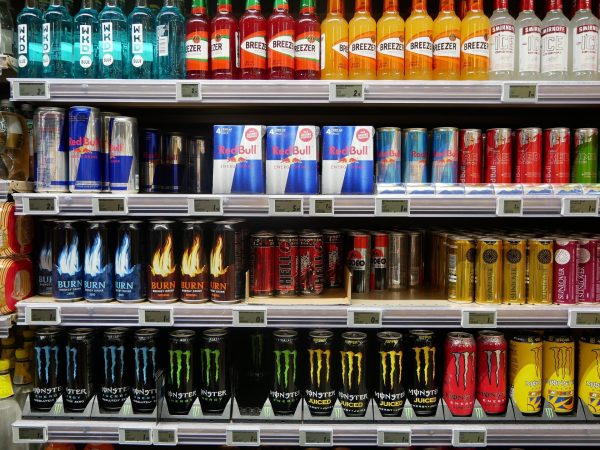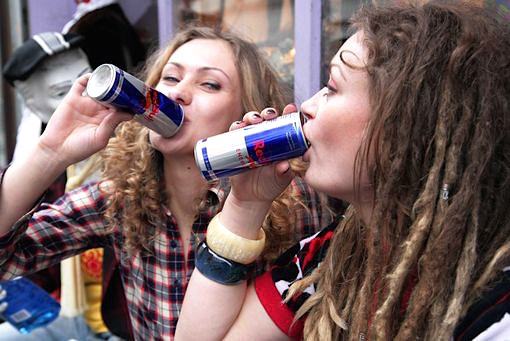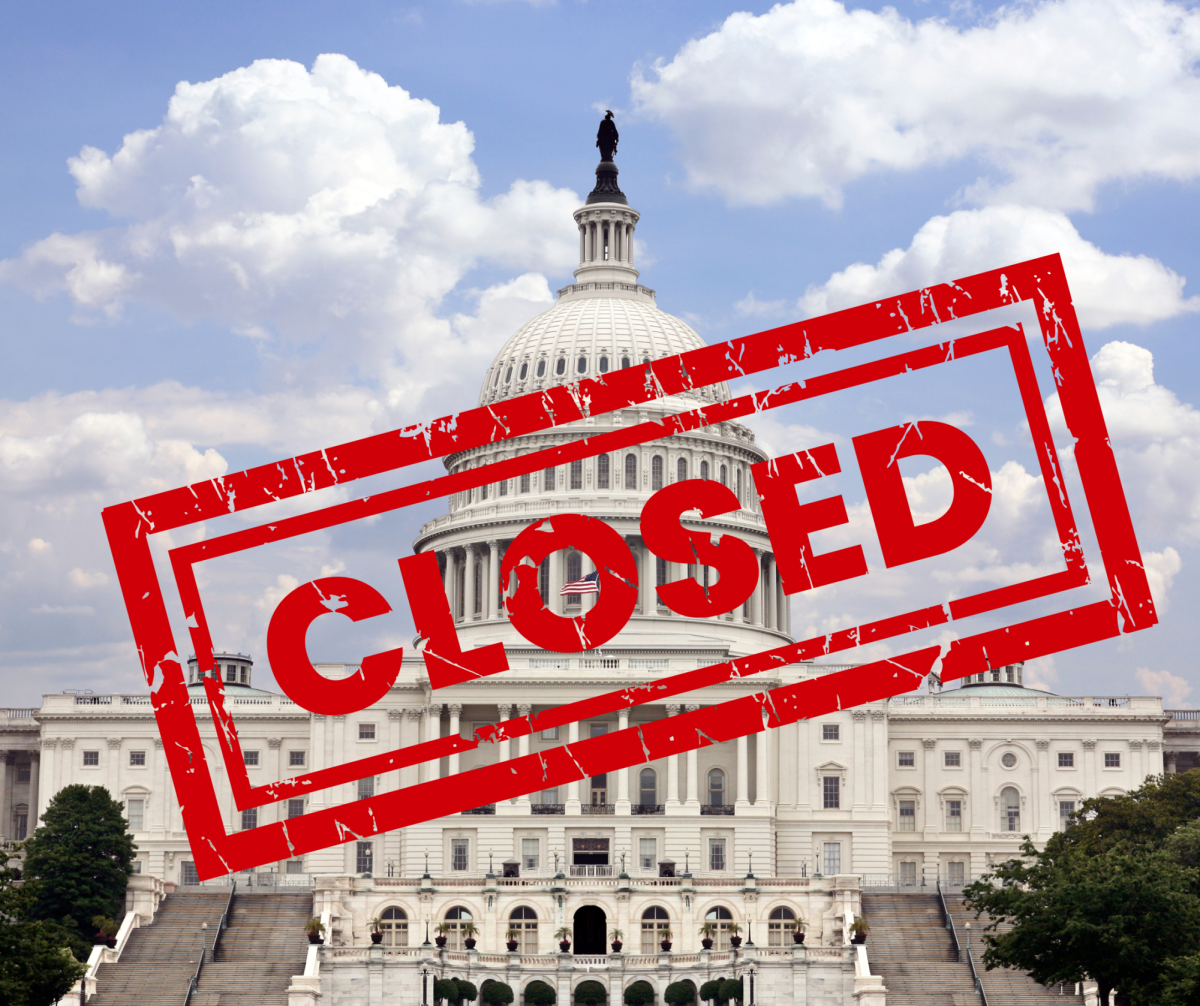In this day and age, 83% of students are involved in at least one extracurricular activity, while many participate in multiple. Teenagers today lead incredibly busy lives, constantly juggling school, sports, part-time jobs, family obligations, friendships, and extracurricular commitments. Because of these demanding schedules, many students struggle to get the recommended 8 to 10 hours of sleep each night. Late-night study sessions, early morning practices, after-school jobs, and social obligations all cut into valuable sleeping time.
 As a result, many teens turn to quick fixes to keep themselves alert and functioning throughout the day. One of the most popular solutions? Energy drinks. Loaded with caffeine and sugar, these beverages promise to boost energy, improve focus, and keep students awake during class, practices, or homework. However, while energy drinks may offer short-term relief, the long-term consequences can be severe—especially for developing adolescents.
As a result, many teens turn to quick fixes to keep themselves alert and functioning throughout the day. One of the most popular solutions? Energy drinks. Loaded with caffeine and sugar, these beverages promise to boost energy, improve focus, and keep students awake during class, practices, or homework. However, while energy drinks may offer short-term relief, the long-term consequences can be severe—especially for developing adolescents.
According to the Centers for Disease Control and Prevention (CDC), caffeine and other stimulants commonly found in energy drinks are not recommended for children and adolescents. Despite this, the growing demand for these products among students continues to rise. The reason is clear: energy drinks provide temporary cognitive and physical enhancement. Students feel more awake, more productive, and more capable of tackling their daily responsibilities. Unfortunately, many teenagers are willing to prioritize performance in academics or sports over their own health.
But this decision comes at a cost. Consistent consumption of energy drinks can lead to long-term health consequences. Among the most concerning effects are increased anxiety and stress, interference with brain development, and major disruptions to sleep patterns. The very issues students are trying to avoid—feeling tired, anxious, or overwhelmed—are actually being worsened by the very products they rely on.
“Because energy drinks have high amounts of caffeine, they can negatively impact sleep,” says Erika Chiappini, PhD, a child and adolescent psychologist at Johns Hopkins Children’s Center. “Youth drinking energy drinks may have greater difficulty falling asleep and experience poorer sleep quality overall, especially when taken in the afternoon or evening.” Without adequate rest, teenagers are more likely to struggle with memory, concentration, mood regulation, and even immune function. Over time, this lack of quality sleep can impair academic performance, reduce athletic performance, and heighten the risk of mental health issues like depression and anxiety.
Another concern is that energy drinks are often marketed as harmless and trendy, with flashy packaging and flavors that appeal to younger consumers. Students may not fully understand the dangers associated with excessive caffeine intake, especially when combined with other stimulants like taurine or guarana. This lack of awareness can lead to overconsumption, dependency, and, in some cases, dangerous health events like heart palpitations or high blood pressure.
Given the mounting evidence of the harmful effects of energy drinks on adolescents, it is crucial for schools, parents, and policymakers to take action. Schools can implement educational campaigns to inform students about the risks, restrict the sale of energy drinks on campus, and encourage healthier alternatives like water, juice, or natural fruit smoothies. Parents should also stay informed and communicate openly with their teens about safe dietary choices.
Ultimately, the well-being of students should take precedence over short-term performance boosts. Teenagers need support and healthy habits—not stimulants—to thrive. It’s time to take the health risks of energy drinks seriously and prioritize long-term health over quick fixes.








